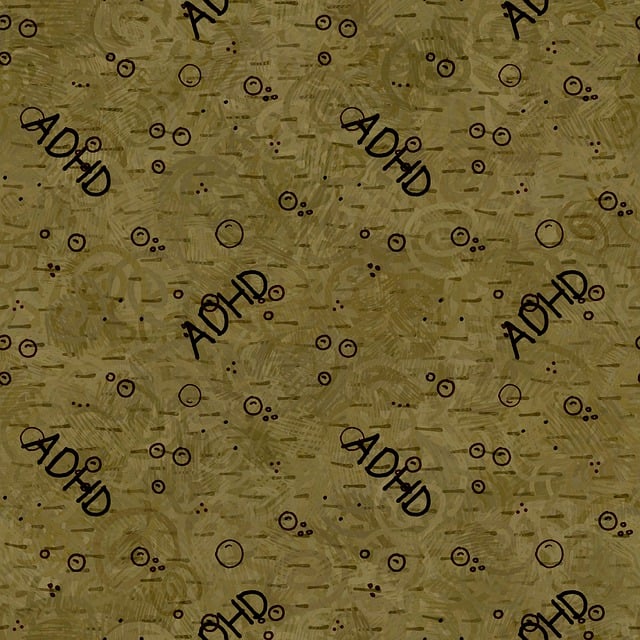ADHD Tests That Doctors Use!
Attention-Deficit/Hyperactivity Disorder (ADHD) is a neurodevelopmental disorder that affects both children and adults worldwide. Characterized by patterns of inattention, hyperactivity, and impulsivity that are not appropriate for a person’s age, ADHD can significantly impact daily functioning and quality of life. The origins of ADHD are thought to be multifactorial, involving genetic, environmental, and neurobiological factors. This complexity contributes to the variation in how ADHD presents itself from one individual to another, leading to personalized challenges in academic, work, and social settings.

Despite its challenges, ADHD is also associated with several positive attributes, such as creativity, energy, and the ability to think outside the box. Understanding ADHD is not just about recognizing its difficulties but also appreciating the unique strengths it can confer.
Similar to other mental health issues, the diagnosis of ADHD involves a comprehensive evaluation, including clinical interviews, behavioral assessments, and sometimes neuropsychological testing. These assessments aim to distinguish ADHD symptoms from those of other mental health conditions and to identify any coexisting disorders. With an accurate diagnosis, individuals can access a range of treatments and strategies tailored to their specific needs, including medication, behavioral therapy, and lifestyle adjustments, to manage their symptoms effectively and improve their overall functioning.
As we delve deeper into the subject of ADHD, it’s essential to approach it with empathy and an open mind, recognizing the diversity of experiences among those with ADHD and the potential for positive outcomes with appropriate support and interventions.
ADHD Test Doctors Use Understanding ADHD
Before diving into the diagnostic process, it’s important to understand what ADHD is. Characterized by patterns of inattention, hyperactivity, and impulsivity, ADHD affects individuals’ ability to function in daily life. However, it’s also associated with several positive traits, such as creativity and high energy levels.
The Diagnostic Journey
The journey to an ADHD diagnosis begins with a comprehensive evaluation. There is no single test for ADHD; instead, doctors use a combination of methods to assess symptoms, their severity, and the impact on daily life. The goal is to gather a detailed picture of the individual’s behavioral patterns, while ruling out other conditions.
Clinical Interviews
One of the primary tools in diagnosing ADHD is the clinical interview. Doctors conduct detailed interviews with the individual and, in the case of children, their parents or guardians. These interviews aim to understand the patient’s medical history, symptom onset, and the impact of symptoms on their life.
Rating Scales and Checklists
Healthcare professionals often use standardized rating scales and checklists to assess ADHD symptoms. These tools are designed to quantify the presence and severity of symptoms, providing a structured way to compare an individual’s behavior against established criteria for ADHD. Commonly used scales include the Conners’ Rating Scales and the ADHD Rating Scale.
Observational Techniques
In some cases, especially with children, doctors may observe the individual in different settings, such as at school or home. These observations help to confirm the consistency of ADHD symptoms across various environments.
Neuropsychological Testing
Neuropsychological tests can be part of the ADHD assessment process. These tests evaluate cognitive functions like memory, attention, executive functioning, and problem-solving skills. While not used to diagnose ADHD directly, they can identify specific areas of difficulty and distinguish ADHD from other learning or cognitive disorders.
Ruling Out Other Conditions
An essential part of the ADHD diagnostic process is ruling out other conditions that might mimic or contribute to ADHD-like symptoms. These can include learning disabilities, mood disorders, anxiety disorders, and sleep disorders. A comprehensive evaluation may involve collaboration with other specialists to ensure an accurate diagnosis.
Post-Diagnosis: What’s Next?
Receiving an ADHD diagnosis can be a relief, offering an explanation for previously unexplained challenges. It also opens the door to a range of treatment options tailored to the individual’s needs. These can include medication, behavioral therapy, lifestyle adjustments, and educational support, aimed at managing symptoms and improving quality of life.
Conclusion
The process of diagnosing ADHD is thorough and multifaceted, reflecting the complexity of the disorder itself. By utilizing a combination of clinical interviews, rating scales, observational techniques, and neuropsychological testing, doctors can accurately identify ADHD and differentiate it from other conditions. If you or someone you know is navigating the ADHD diagnostic journey, remember that understanding and support are key to managing the disorder and embracing the unique strengths it can bring.
